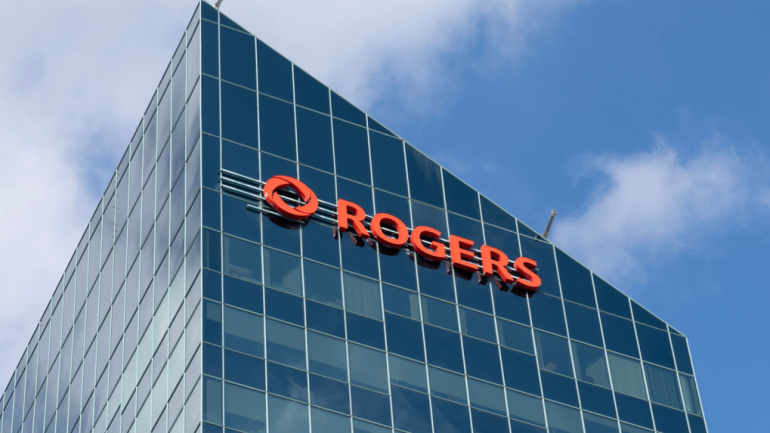Rogers Communications’ initiation of Ericsson’s 5G Advanced technology in Canada sets a new standard for telecommunications, focusing on enhancing network efficiency and IoT connectivity. This advanced technology optimizes wearables, sensors, and essential services for emergency responders.
Bell Canada is capitalizing on market conditions with its new Security-as-a-Service (SECaaS) offering. This move aligns with Canada’s national pride, offering real-time threat response, scalability, and local data compliance. As cyber threats rise, leveraging advanced security solutions ensures data remains sovereign.
Canada is revolutionizing telecommunications with its expansion of 5G spectrum, including mmWave spectrum. This government initiative enables enhanced network performance, especially in remote areas, empowering sectors like smart agriculture and industrial automation.
Bell Canada Enterprises expands into the US market with a strategic CAD 7 billion acquisition of Ziply Fiber, marking its first venture into the US fibre space. This move enhances Bell’s reach, offering VoIP and fibre connectivity to millions, advancing its status among top fibre internet providers across North America.
Mint Mobile has launched free roaming services for customers traveling to Canada, offering unlimited talk, text, and 3GB of high-speed data on all plans. This move enhances customer experience post their T-Mobile acquisition. Ideal for frequent cross-border travelers, this feature eliminates extra fees, emphasizing Mint Mobile’s cost-saving commitment.
Ooma, Inc., a leading communications platform, has introduced its AirDial® service in Canada, providing a crucial solution for businesses affected by the phase-out of Plain Old Telephone Service (POTS) across the country. The move comes as major Canadian providers like Bell Canada and TELUS are set to decommission their copper networks, marking the rapid decline of POTS nationwide. This “copper sunset” poses challenges for businesses reliant on POTS for critical equipment such as fire alarms, elevators, and building entry systems.
Hewlett Packard Enterprise (HPE) is joining forces with TELUS to pioneer Canada’s inaugural 5G open radio access network (Open RAN), marking a significant advancement in the country’s mobile connectivity infrastructure. By supplying essential infrastructure across 3,000 locations, this collaboration aims to revolutionize the way Canadians connect, offering faster and more responsive mobile services.
TELUS, in partnership with Samsung Electronics, has unveiled plans to initiate Canada’s inaugural commercial virtualized and open radio access network (RAN), marking a significant leap forward in the telecom industry. This next-generation network technology aims to elevate performance, flexibility, energy efficiency, and automation, setting a new standard for mobile connectivity across Canada.
Bell Canada Enterprises is making significant cutbacks, revealing plans to eliminate 4,800 positions which make up 9% of their total workforce. Citing a need to adjust to declines in legacy businesses and a challenging macroeconomic environment, the company hopes this strategy will result in substantial cost savings. Additionally, Bell Media plans to relinquish over half of its radio stations deemed no longer viable.
A multibillion-dollar merger between Shaw Communications and Rogers Communications Inc., two of the biggest telecommunications businesses in Canada, was officially rejected by the federal industry minister. “Today, I officially denied that request. My decision formally closes that chapter of the original proposed transaction,” said Canadian Industry Minister Francois-Philippe Champagne. The US$19 billion merger between the two businesses was revealed in March, but it was met with opposition because it may limit consumer choice and drive up mobile costs. Shaw’s wireless spectrum licenses would have been completely transferred to Rogers as a result of the acquisition. Shaw’s ownership of Freedom Mobile has been largely viewed as the biggest impediment to the deal’s ratification. Videotron, located in Montreal, agreed to purchase it for $2.1 billion earlier this year. Champagne stated that he wanted two specific commitments before approving the Videotron merger. Videotron would have to agree to maintain the…













